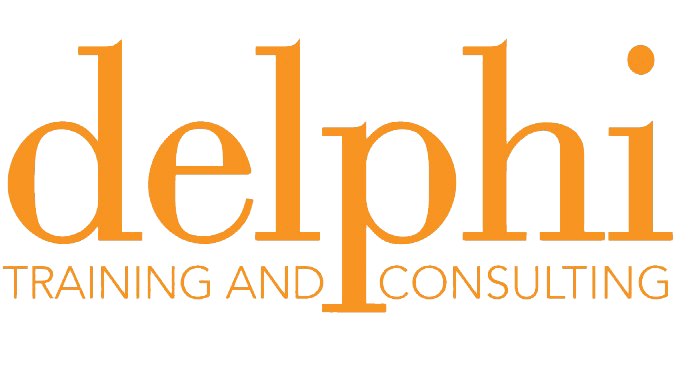
Join our NETWORK
Get all latest news, event updates and access to resources & information.

Many people do not seek assistance with mental health or other stressors in the workplace through fear that reaching out for help or making a complaint will have a detrimental impact on their career. Research shows 55 – 70% adults experience at least one traumatic event during their lifetime and 14 – 43% of children experience at least one traumatic event during childhood. Statistics are higher in First Nations and LGBTQIA+ communities.
Changing the culture of an organisation begins with decision makers and leadership. It requires identifying psychosocial risks, developing policy, procedures and protocols to eliminate or reduce risk and regularly reviewing the effectiveness of the policy and procedures implemented. Examples of trauma informed policy include consideration in recruitment processes, induction / onboarding, ongoing professional development training and supervision beyond technical skills and exit interviews.
This training provides a framework for leaders to reflect on what is working well within your organisation and where there may be room for improvement and development. It offers guidance to design a trauma informed organisation relevant to your service through collaboration at every level of the organisation, utilising the expertise and knowledge base that exists within the organisation.
Post training, ongoing consultation is available to champion trauma informed principles throughout all structures and systems within your organisation.
Learning objectives
This training is designed for leadership, managerial, supervisory, and policy development roles in:


Get all latest news, event updates and access to resources & information.